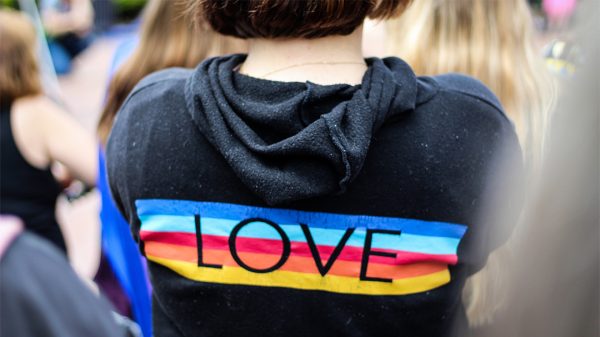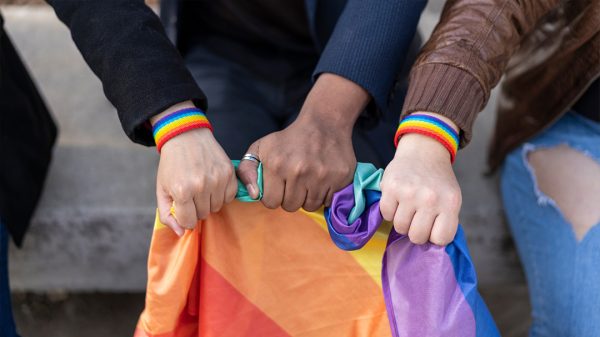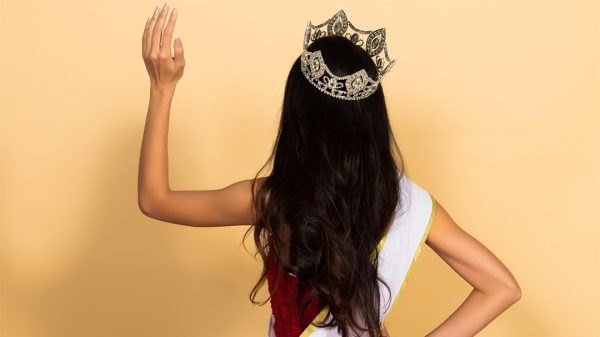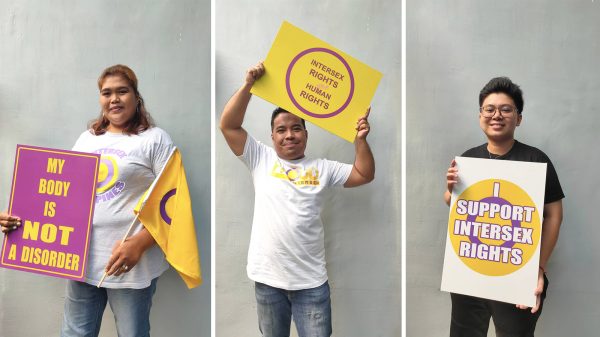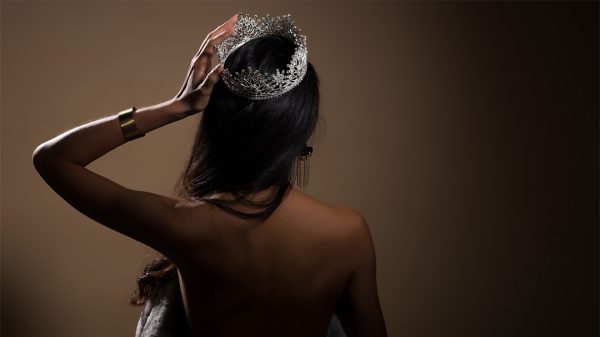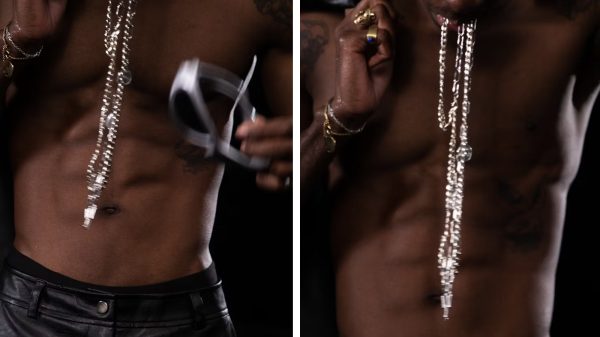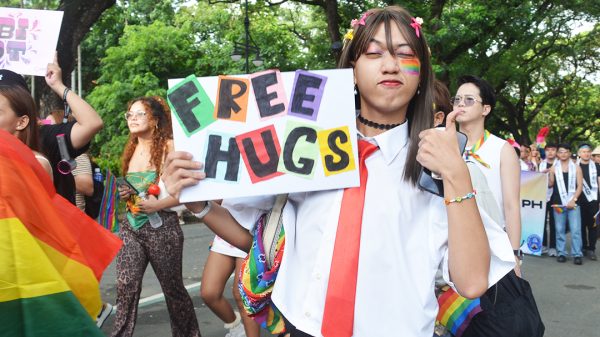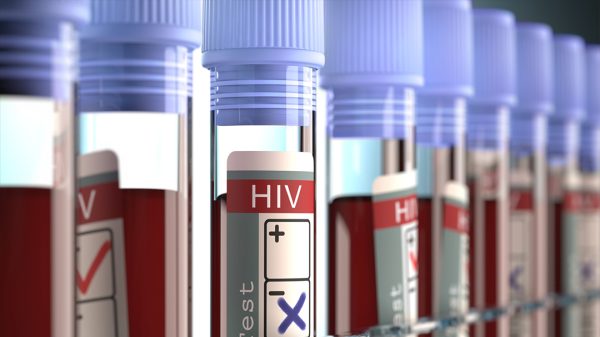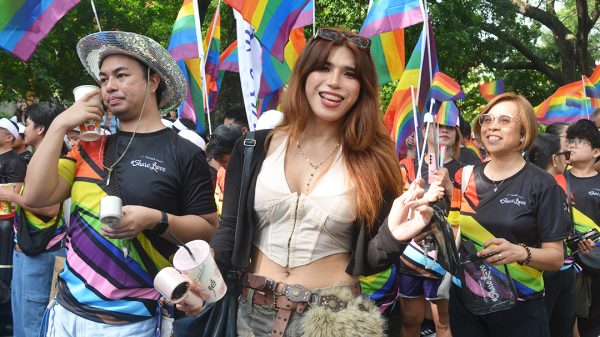By Esca Bacordo
On July 14, 2025, ABS-CBN News posted about the college graduation of Awra Briguela — a moment of joy and personal triumph for a trans Filipina woman who has grown up in the public eye. The caption of the article referred to her using the pronoun “her,” a simple act of dignity and recognition.
But for the internet personality and an educator Jack Argota also known as Sir Jack, this gesture of respect became his punchline.
“‘Her’? Good luck, bro!” he wrote as a reposted caption.
With just five words, what should have been a moment of celebration was reframed into a public insult. The phrase quickly circulated online. His followers laughed. Others were outraged. Some defended him, citing “freedom of expression” and “biological truth.” But no matter how they tried to spin it, Sir Jack’s comment wasn’t an act of critical thought or satire. It was textbook misgendering that is blatant, deliberate, and deeply harmful.
Misgendering is not a harmless fumble. It is a denial of identity, an act of verbal erasure. And in a country like the Philippines, where LGBTQIA+ people face systemic exclusion, violence, and social ridicule, misgendering is more than a disrespectful gesture. It is a complicity in the very mechanisms that make queer and trans lives more fragile, and more dangerous.
Argota is not just a random man on the internet. He is a teacher, a public figure, and he has built a career off of playing smart, witty, and contrarian. But now, he is profiting from a growing trend of being unapologetically dismissive of queer narratives he does not understand, and worse, performing that dismissal as content. In a digital culture that rewards “based” takes, his brand of pseudo-intellectual humor has found fertile ground. And in it, bigotry has become entertainment.
It didn’t end with the “Good luck bro” comment. It was followed up days later with this gem: “You’re not a ‘her.’ You’re more like HERcules.” Framed as a joke, but one that digs deeper into the same wound: that trans women aren’t “real” women, that their femininity is a farce, that their names, pronouns, and identities are open for debate, critique, and ridicule. Again, it was easy for defenders to say he was just being clever. But cleverness without compassion isn’t intelligence, it’s cruelty in disguise.
The harm here may not lie solely in whether or not Sir Jack “meant it.” It lies in the reality that thousands of people read his posts and found validation in them. It lies in how these words echo the jokes we’ve heard since childhood.
The punchlines that made transgender women the brunt of laughter in sitcoms, the target of prejudice in classrooms, and the faceless bodies feared or fetishized in alleyways. It lies in how normalized this kind of erasure has become in Philippine society, where being queer is still too often seen as a phase, a joke, or a sin.
But there is another layer to this: Sir Jack monetizes this behavior. Every post, every comment, every quote tweet and hate watch contributes to his reach. In this social media economy, outrage is currency and controversy is content. It no longer matters whether he believes the things he says or not. What matters is that they go viral. That they stir the pot. That they draw the algorithm’s attention. And when the hate is disguised as wit, and the wit is disguised as education, the platform rewards it all the more.
This is what makes his influence especially dangerous. Sir Jack is not some anonymous troll yelling into the void. He’s a man with authority and cultural capital, whose brand is built on being “smarter than everyone else.” He positions himself as the voice of reason in a sea of “woke culture” and “over-sensitivity.” But his real function is to serve as a gateway drug into casual bigotry dressed up as clever critique.
And it’s working. You see it in the comment sections. Young men and boys, parroting his words. Mimicking his sarcasm. Treating Awra’s identity as a debate topic, rather than a fact. Laughing at the idea that a woman could be anything other than what biology assigns at birth.
This is how culture works. Not always through laws or explicit doctrines, but through what we laugh at. Through what we let slide. Through what we call “just a joke.” And when someone like Sir Jack leads the charge, and thousands follow, the consequences are not just digital. They are deeply real. They manifest in suicides. In bullying. In self-harm. In closets that take decades to leave. In lives unlived.
There’s also a deep cruelty in the timing of his comments. Awra had just graduated. She had done everything society demands of her. She had worked hard, achieved something meaningful, and shared her success publicly. That moment should have belonged to her. And yet, she was once again reduced to a spectacle, her name buried under the noise of a man trying to go viral.
This is not about agreeing with “woke culture.” This is not about restricting speech. This is about recognizing that influence comes with responsibility and that being hurtful on purpose is not a form of free thought. It’s laziness. It’s cruel. It’s systemic violence with a smug face.
Awra Briguela deserved to be celebrated. She deserved a moment that was hers. And no one, especially not a man building his brand off belittling people had the right to take that away.
It is THAT deep as misgendering is not trivial. Because bigotry is not funny. And because the right to exist fully, freely, and unapologetically—should never have to be earned, debated, or mocked.


